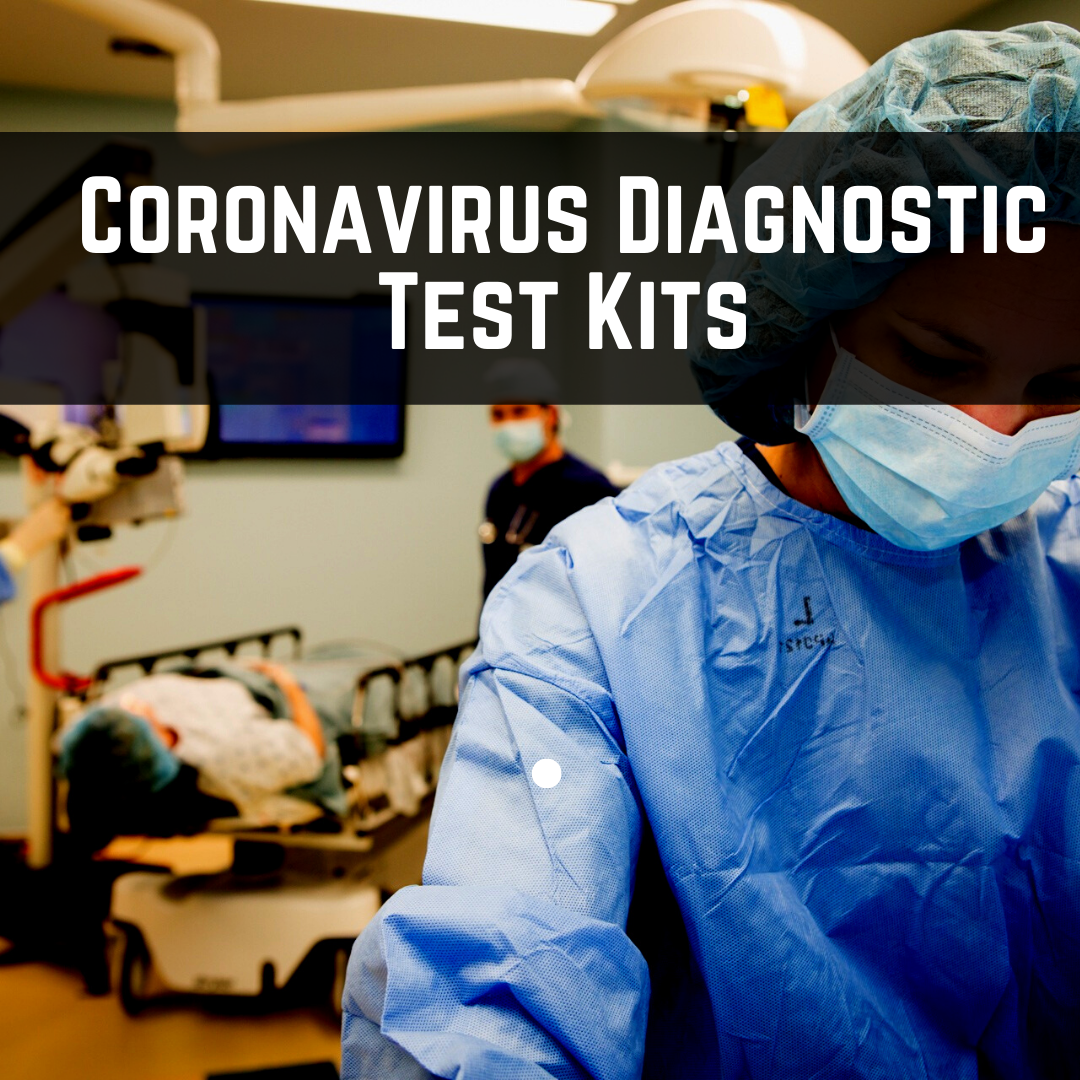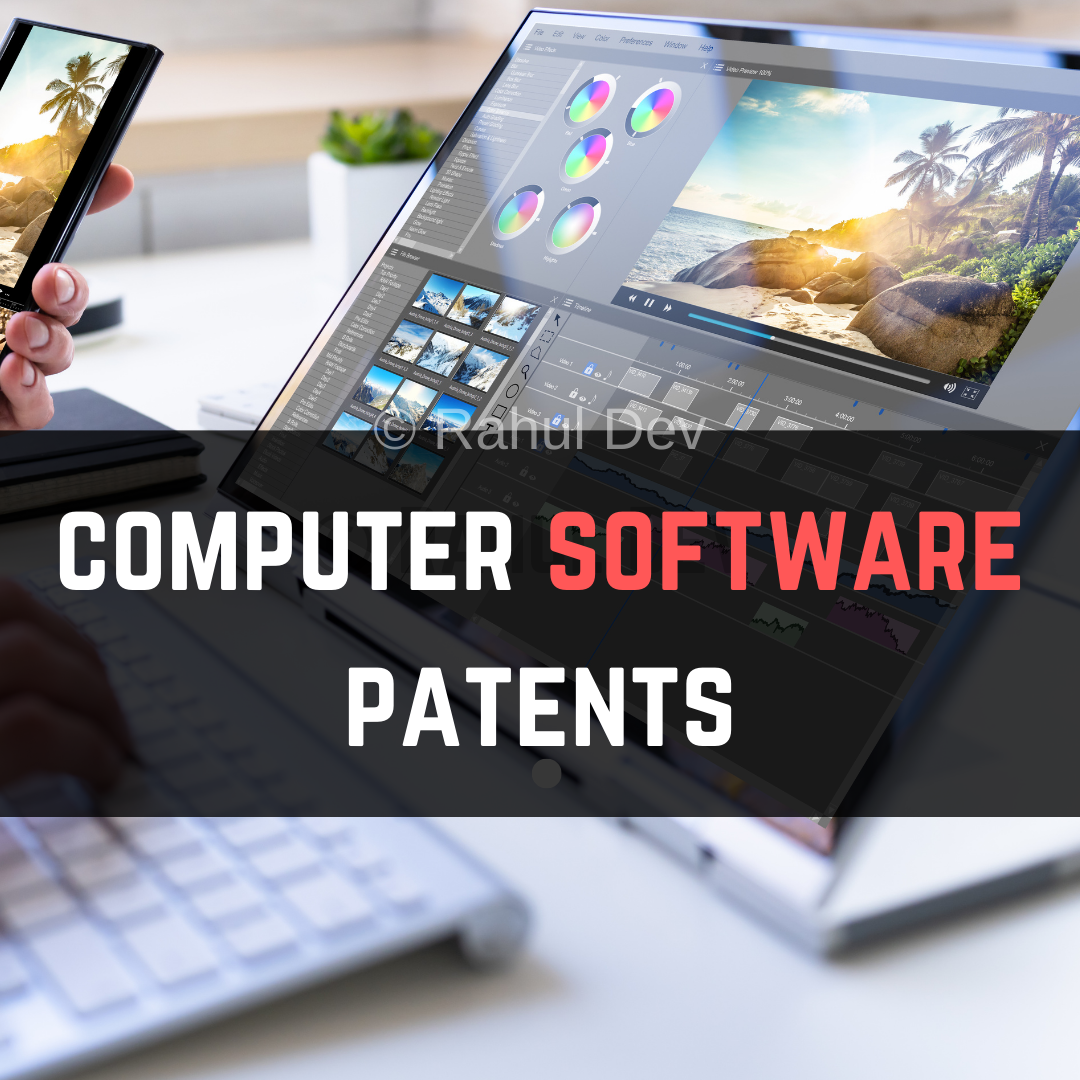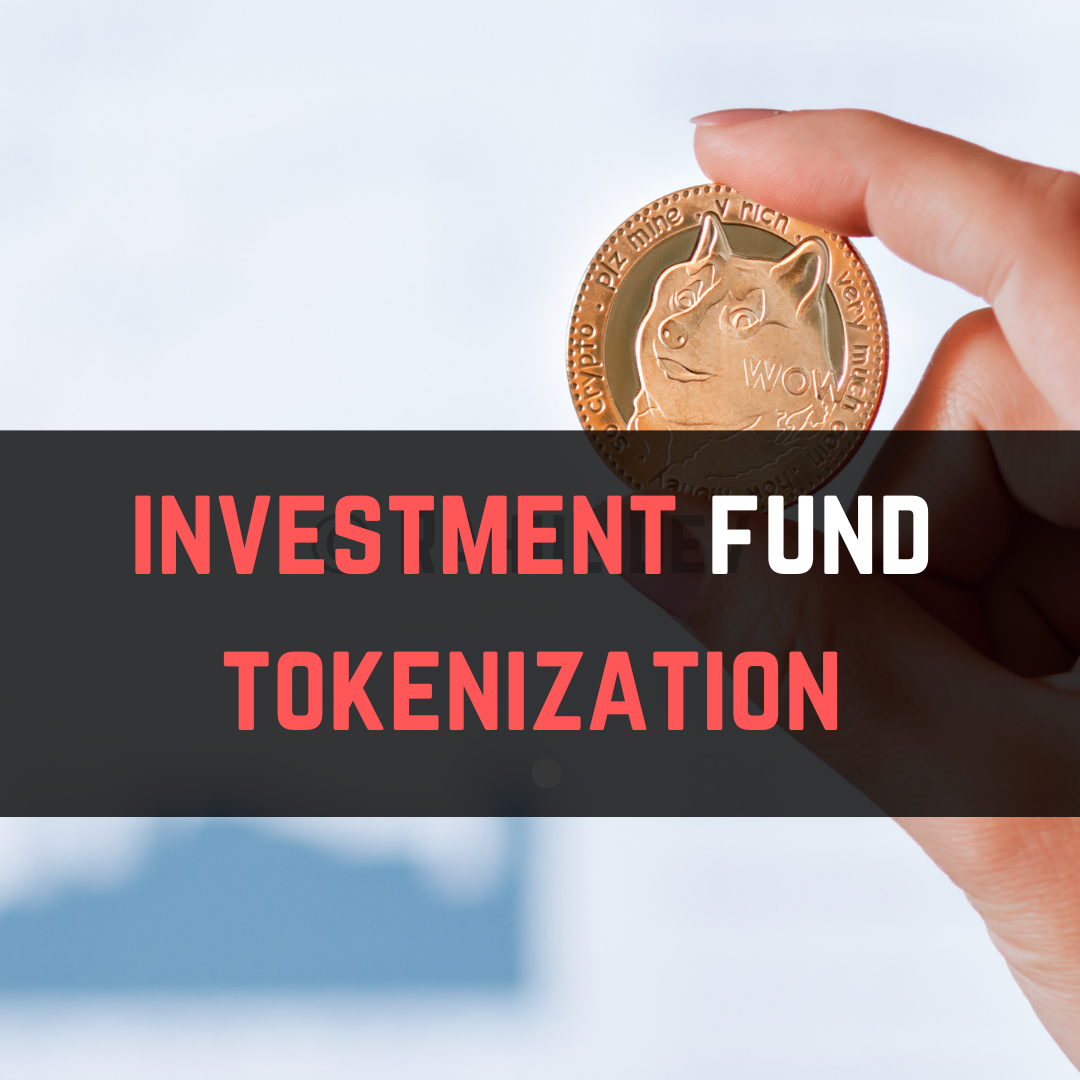
Patent attorneys with technical and legal expertise add value to client’s patent portfolio by developing strong patent strategy. Patent owners use effective portfolio management for implementation of profitable business models across the globe. As a result of strong patent enforcement initiatives, technology companies and inventors are able to prevent patent infringement by third parties. Patent experts conduct regular patent audits in a proactive manner to ensure adequate patent protection for existing products, along with regular reviews of potential infringement scenarios by way of freedom-to-operate studies. Additionally, the patent audit covers the periodic review of relevant provisions of the patent licensing agreements and employment contracts. The most valuable patent assets are generally developed by innovative companies that position their research driven innovations ahead of the times across various technology sectors, such as, for example, software, mobile applications, artificial intelligence or AI, machine learning or ML, drones, life sciences, biotechnology, pharmaceuticals, healthcare, medical devices, chemical compounds, semiconductors, telecommunication, Internet of Things or IoT, robotics, automobiles, material science, polymers, agrochemicals, mechanics, consumer electronics and Standard Essential Patents.

Diagnostic testing for coronavirus is undertaken using two different approaches, including, Whole Genome Sequencing and Real-Time Reverse Transcriptase PCR (RT-PCR). Sequencing was used in the early days of the outbreak for early documentation of this novel virus and is an instrument of viral discovery. Currently, nearly all diagnostic testing for CoV is done using RT-PCR.
Current testing methods are considered precise, but authorities have limited testing to central health agencies or a few credited laboratories, limiting the ability to quickly identify new cases. These situations are driving a commercial race to develop new COVID-19 tests involving the rapid collection and testing of suitable specimens from patients meeting the definition for COVID- 19.
Clinical and outbreak control should be guided by a laboratory expert where suspected cases must be vetted for the virus with Nucleic Acid Amplification Tests (NAAT), such as RT-PCR. The decision to test must come from clinical and epidemiological factors and linked to a calculation of the likelihood of infection. PCR testing can be considered in the assessment of persons who have had contact with a COVID- 19 case.
The process of specimen collection includes following steps:
Ensure that safe collection mechanisms are in use and that the workforce is trained for suitable specimen collection, storage, packaging, and transport. Specimens collected for investigations must be regarded as possibly infectious.
Mostly respiratory material must be collected, either upper respiratory or lower respiratory specimens. Apart from this additional medical specimen may be collected as the virus had been seen in blood and stool.
Correct handling and its storage in 2-8 degrees Celsius is necessary. Transport of the specimen within national borders should comply with applicable national regulations. Internationally the UN Model Regulations and any other applicable regulations must be followed depending on the mode of transport.
Labs carrying out the testing for the COVID-19 virus should follow strict biosafety practices. NAAT detects the unique sequence of the virus RNA such as real-time reverse-transcription polymerase chain reaction (RT-PCR) with confirmation to nucleic acid sequencing when necessary. The lab testing includes following steps:
Serological surveys can help the investigation of an ongoing outbreak and retrospective assessment of. In cases where NAAT assays are negative and there is a strong epidemiological connection to COVID-19 infection, paired serum samples can support diagnosis once validated tests are accessible. Serum samples can be stored for these purposes.
In addition to providing confirmation of the presence of the virus, sequencing of a percentage of specimens from clinical cases is valuable to monitor for viral genome mutations that may affect the performance of medical countermeasures, including diagnostic tests. Virus genome sequencing can also inform molecular epidemiology studies.
Virus isolation is not recommended as a diagnostic procedure.
Various companies worldwide are manufacturing the coronavirus diagnostic test kits, including:
(a) GenMark Diagnostics, Inc.- ePlex Research Use Only (RUO) test kits is provided by GenMark and the company plans to use this information to support submission of an Emergency Use Authorization (EUA) to the U.S. Food and Drug Administration (FDA) for the ePlex SARS-CoV-2 test to address the virus.
(b) BioFire Diagnostics – Film Array® Respiratory (RP & RP2) Panels, also known as the BioFire Respiratory Panels, are tests made to help clinicians quickly diagnose respiratory infections, which add up to a significant healthcare burden and present with nearly indistinguishable symptoms.
(c) Cephied Inc.– This company as announced development of a test for the Coronavirus Strain (2019-nCoV). The test will be designed for use on any of its 23,000 GeneXpert Systems placed worldwide and is likely to deliver point-of-care results in about 30 minutes.
(d) Meridian Biosciences creates a “Master Mix,” that works as the building blocks for rapid testing of the coronavirus. The kit tests RNA similar to how tests are done for influenza. The test kits, which are assembled in China after the Master Mix is shipped from Germany, can produce test results in 45 minutes to an hour.
Excluding the public health emergency situation wherein the coronavirus is being considered as a pandemic, medical device companies generally opt for patent protection of their innovations. This helps the innovators to bear the costs associated with research and development efforts.
We provide comprehensive Patent and Trademark legal services via our global network to create valuable patent portfolios and resolve complex patent disputes by providing patent litigation support services.
Our team of advanced patent attorneys assists clients with patent searches, drafting patent applications, and patent (intellectual property) agreements, including licensing and non-disclosure agreements.
Advocate Rahul Dev is a Patent Attorney & International Business Lawyer practicing Technology, Intellectual Property & Corporate Laws. He is reachable at rd (at) patentbusinesslawyer (dot) com & @rdpatentlawyer on Twitter.
Quoted in and contributed to 50+ national & international publications (Bloomberg, FirstPost, SwissInfo, Outlook Money, Yahoo News, Times of India, Economic Times, Business Standard, Quartz, Global Legal Post, International Bar Association, LawAsia, BioSpectrum Asia, Digital News Asia, e27, Leaders Speak, Entrepreneur India, VCCircle, AutoTech).
Regularly invited to speak at international & national platforms (conferences, TV channels, seminars, corporate trainings, government workshops) on technology, patents, business strategy, legal developments, leadership & management.
Working closely with patent attorneys along with international law firms with significant experience with lawyers in Asia Pacific providing services to clients in US and Europe. Flagship services include international patent and trademark filings, patent services in India and global patent consulting services.
Global Blockchain Lawyers (www.GlobalBlockchainLawyers.com) is a digital platform to discuss legal issues, latest technology and legal developments, and applicable laws in the dynamic field of Digital Currency, Blockchain, Bitcoin, Cryptocurrency and raising capital through the sale of tokens or coins (ICO or Initial Coin Offerings).
Blockchain ecosystem in India is evolving at a rapid pace and a proactive legal approach is required by blockchain lawyers in India to understand the complex nature of applicable laws and regulations.



